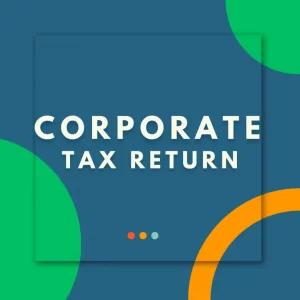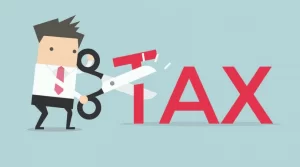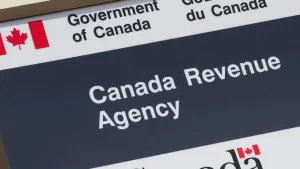In Canada, thousands of individuals have joined the ranks of Uber drivers, enjoying the flexibility of setting their own schedules and becoming part of the gig economy. However, with the benefits of such flexibility come certain responsibilities, including understanding the tax implications of being an Uber driver in Canada. We will dig deep into How Uber Drivers are Taxed in Canada;
Uber drivers in Canada are considered self-employed, which means they are responsible for managing their own taxes and reporting their income to the Canada Revenue Agency (CRA). This is different from traditional employment where taxes are typically deducted at source by the employer.
1. Registration:
Before diving into the tax process, Uber drivers must ensure they have all the necessary documents. This includes a valid driver’s license, a vehicle that meets Uber’s requirements, and a clean criminal record. Additionally, drivers need to register for an HST/GST account if their earnings exceed $30,000 in a calendar year. This is required if they are providing a taxable supply of goods and services in Canada, which applies to most Uber drivers.
2. Tracking Income:
Uber drivers must keep meticulous records of their income. Uber provides drivers with a statement of their earnings, which outlines the gross fares and fees earned during the year. This statement is essential for accurately reporting income.
3. Deductions:
Uber drivers can deduct certain business-related expenses from their income to reduce their taxable income. These deductions can include expenses like fuel, vehicle maintenance, insurance, cellphone bills (proportionate to business use), and even a portion of vehicle depreciation. However, it’s crucial to keep detailed records and receipts to support these deductions in case of an audit.
4. Filing Taxes:
Uber drivers in Canada are required to file their taxes annually. The tax return should include all income earned from Uber, as well as any other sources of income. Self-employed individuals typically use the Form T2125 (Statement of Business or Professional Activities) to report their business income and expenses. This form provides a breakdown of income and deductions related to the Uber driving business.
5. HST/GST Obligations:
As mentioned earlier, Uber drivers may need to collect and remit HST/GST if their earnings exceed the $30,000 threshold. This involves charging HST/GST on fares and filing regular HST/GST returns. Drivers should be aware of the specific rules and thresholds in their province.
6. Quarterly Tax Instalments:
Uber drivers may be required to make quarterly tax instalment payments to the CRA if they anticipate owing more than $3,000 in taxes when they file their annual return. This helps avoid penalties and interest charges for underpayment of taxes.
7. Tax Deadlines:
The tax filing deadline for most individuals in Canada is April 30th. However, if you’re self-employed, the deadline is extended to June 15th. It’s essential to note that any taxes owed must still be paid by April 30th to avoid interest charges.
Becoming an Uber driver offers flexibility and the potential for extra income, but it also comes with tax responsibilities that should not be overlooked. It’s crucial for Uber drivers to keep accurate records, claim eligible deductions, and fulfill their tax obligations by reporting their income accurately to the CRA. Seeking advice from a tax professional or utilizing tax software designed for self-employed individuals can help ensure that Uber drivers in Canada navigate their tax obligations successfully while making the most of their earnings.
Contact Abdullah CPA for Tax filling of Uber Drivers.






